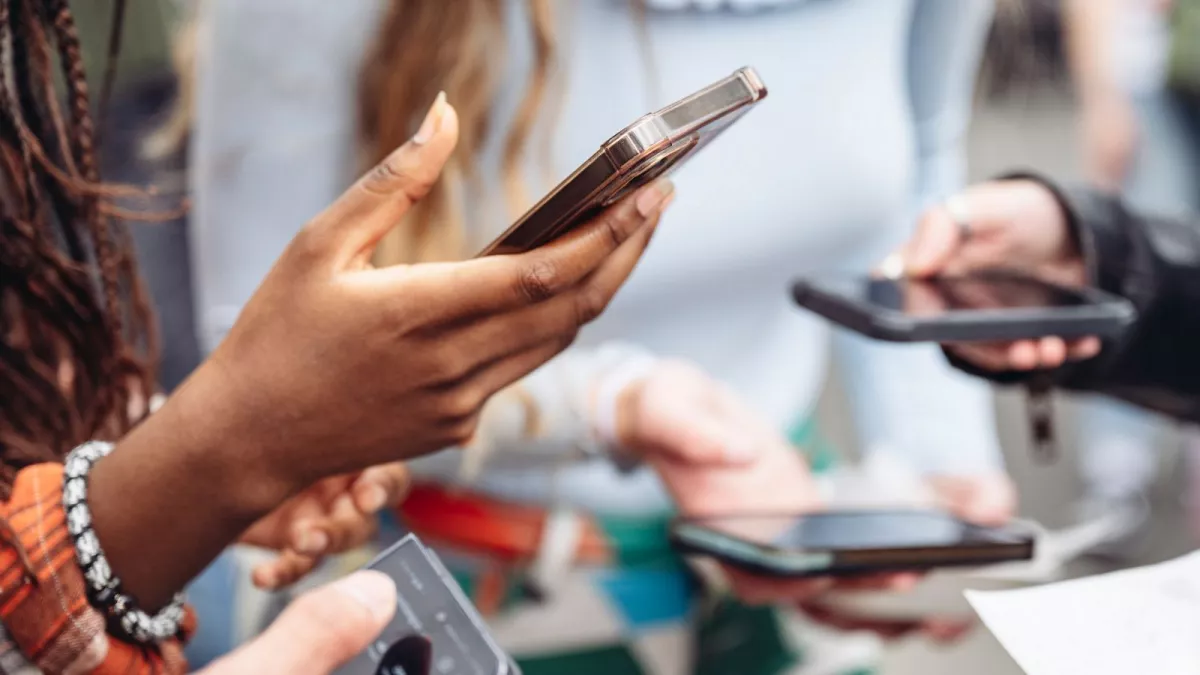
Australian lawmakers have taken a significant step toward banning children under 16 from using social media, with legislation passing the lower house of parliament on Wednesday, November 27. The bill will now proceed to the Senate for debate.
If enacted, the law would require platforms like Facebook, Instagram, TikTok, and Snapchat to take “reasonable steps” to prevent young teens from creating accounts. Non-compliant companies could face fines of up to AUD 50 million (USD 32.5 million).
Prime Minister Anthony Albanese, a strong proponent of the ban, has labeled social media a harmful environment that amplifies peer pressure, anxiety, and online predation. He has advocated for more offline engagement, such as sports and outdoor activities, as an alternative for children.
While the proposal is one of the world’s strictest on social media access for minors, critics question its practicality. Experts highlight the ease with which age restrictions can be circumvented, and the legislation currently provides few details on enforcement. Regulatory authorities are expected to finalize enforcement measures within the next year.
Some platforms, including WhatsApp and YouTube, are likely to seek exemptions, while LinkedIn has argued that its platform does not appeal to users under 16.
Criticism has also come from digital experts like Susan Grantham, who described the measure as a “knee-jerk reaction,” warning that it could alienate young people who rely on online communities for support. Others have pointed to Finland’s model of comprehensive digital literacy education as a more effective approach to managing online risks.
Internationally, the move has attracted attention, with countries like Spain and the United States exploring similar restrictions. However, no such bans have been implemented yet. In contrast, China already imposes strict limits on minors’ social media use, capping their time on platforms like Douyin (the Chinese version of TikTok) to 40 minutes daily.

 Mzansi xxx
Mzansi xxx
